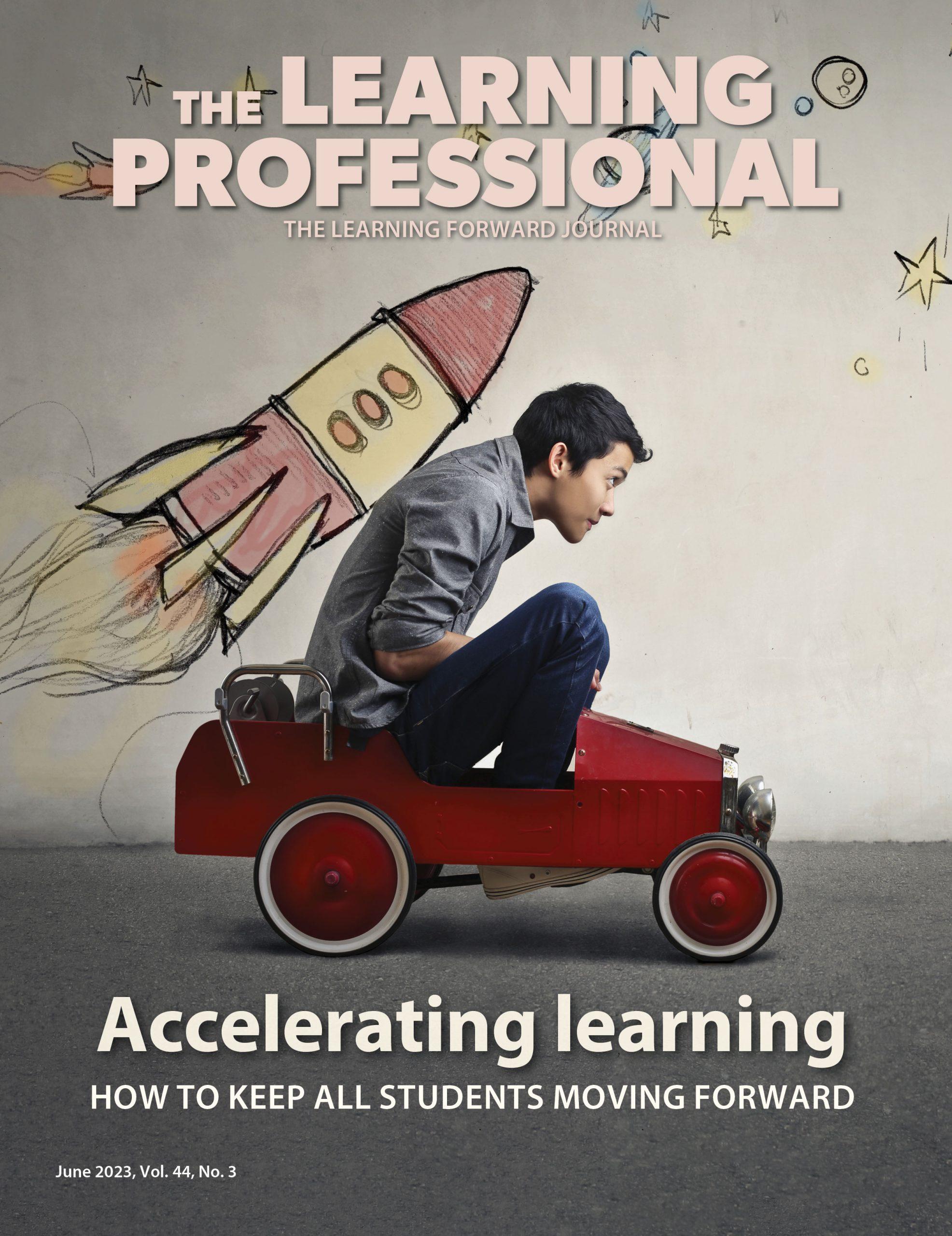Read the remaining content with membership access. Join or log in below to continue.
Sed ut perspiciatis unde omnis iste natus error sit voluptatem accusantium doloremque laudantium, totam rem aperiam, eaque ipsa quae ab illo inventore veritatis et quasi architecto beatae vitae dicta sunt explicabo. Nemo enim ipsam voluptatem quia voluptas sit aspernatur aut odit aut fugit, sed quia consequuntur magni dolores eos qui ratione voluptatem sequi nesciunt. Neque porro quisquam est, qui dolorem ipsum quia dolor sit amet, consectetur, adipisci velit, sed quia non numquam eius modi tempora incidunt ut labore et dolore magnam aliquam quaerat voluptatem.
Student Achievement Results
| York Region District School BoardThe Education Quality and Assessment Office administers annual assessments across Ontario in grades 3, 6, 9, and 10. The results shown in the table below reflect the York Region District School Board’s results in grade 3 and grade 6 reading, writing, and mathematics, grade 9 mathematics, and grade 10 Ontario Secondary School Literacy Test (OSSLT). | |||
| Percentage of all students at or above provincial standard
(Levels 3 & 4) |
|||
| Assessment | 2002-03 | 2007-08 | 2011-12 |
| Grade 3 | |||
| Reading | 57 | 67 | 74 |
| Writing | 63 | 74 | 84 |
| Mathematics | 67 | 77 | 79 |
| Grade 6 | |||
| Reading | 64 | 74 | 84 |
| Writing | 62 | 77 | 84 |
| Mathematics | 65 | 73 | 71 |
| Grade 9 | |||
| Academic mathematics | 70 | 84 | 90 |
| Applied mathematics | 20 | 41 | 50 |
| Grade 10: OSSLT | |||
| Percentage of fully participating students who were successful in their first attempt at writing the grade 10 OSSLT. | 77 | 88 | 89 |
| Grade 9 cohort | |||
| Cohort starting year | 2000-01 | 2003-04 | 2007-08 |
| Five-year graduation rate | 85 | 87 | 91 |
| Source: EQAO Achievement Result, www.eqao.com. |
References
Barber, M. (2001, October). Large-scale education reform in England. Paper prepared for the School Development Conference, Tartu University, Tartu, Estonia.
Barber, M. & Mourshed, M. (2007, September). How the world’s best-performing school systems come out on top. New York, NY: McKinsey & Company.
Belchetz, D. (2009). Leadership and innovation in the York Region District School Board. Prepared for the 2009 Scottish International Summer School on School Leadership. Available at https://dhackshaw.abel.yorku.ca/leadershipdevelopment/questjournal2009/LeadershipInnovation.pdf.
City, E., Elmore, R., Fiarman, S., & Teitel, L. (2009). Instructional rounds in education: A network approach to improving teaching and learning. Cambridge, MA: Harvard Education Press.
Coburn, C. (2003, August). Rethinking scale: Moving beyond numbers to deep and lasting change. Educational Researcher, 32(6), 3-12.
Hargreaves, A. & Fullan, M. (2012). Professional capital: Transforming teaching in every school. New York, NY: Teachers College Press.
Hargreaves, A. & Shirley, D. (2009). The global fourth way. Thousand Oaks, CA: Corwin Press.
Heifetz, R. & Linksky, M. (2002). Leadership on the line: Staying alive through the dangers of leading. Boston, MA: Harvard Business School Press.
Leithwood, K. (2013, June). Strong districts & their leadership. Paper commissioned by the Council of Ontario Directors of Education and the Institute for Education Leadership, Ontario, Canada.
Literacy and Numeracy Secretariat. (2008, May-June). Building capacity with a focus on results: The literacy and numeracy strategy. Paper delivered to the Canadian Society for the Study of Education, Vancouver, British Columbia, Canada.
Waters, T., Marzano, R.J., & McNulty, B. (2004, Winter). McREL’s Balanced Leadership Framework: Developing the science of educational leadership. ERS Spectrum, 22(1), 4-13.
Wise, G. (2009, July 27). The continuous learning environment: Surviving learning solution discovery. Learning Solutions Magazine. Available at www.learningsolutionsmag.com/articles/16/the-continuous-learning-environment-surviving-learning-solution-discovery.
Witherow, K. (2011). Research use and the impact in secondary schools (Doctoral dissertation, Ontario Institute for Studies in Education, University of Toronto).
Learning Forward is the only professional association devoted exclusively to those who work in educator professional development. We help our members plan, implement, and measure high-quality professional learning so they can achieve success with their systems, schools, and students.
Recent Issues
TAKING THE NEXT STEP
December 2023
Professional learning can open up new roles and challenges and help...
REACHING ALL LEARNERS
October 2023
Both special education and general education teachers need support to help...
THE TIME DILEMMA
August 2023
Prioritizing professional learning time is an investment in educators and...
ACCELERATING LEARNING
June 2023
Acceleration aims to ensure all students overcome learning gaps to do...









